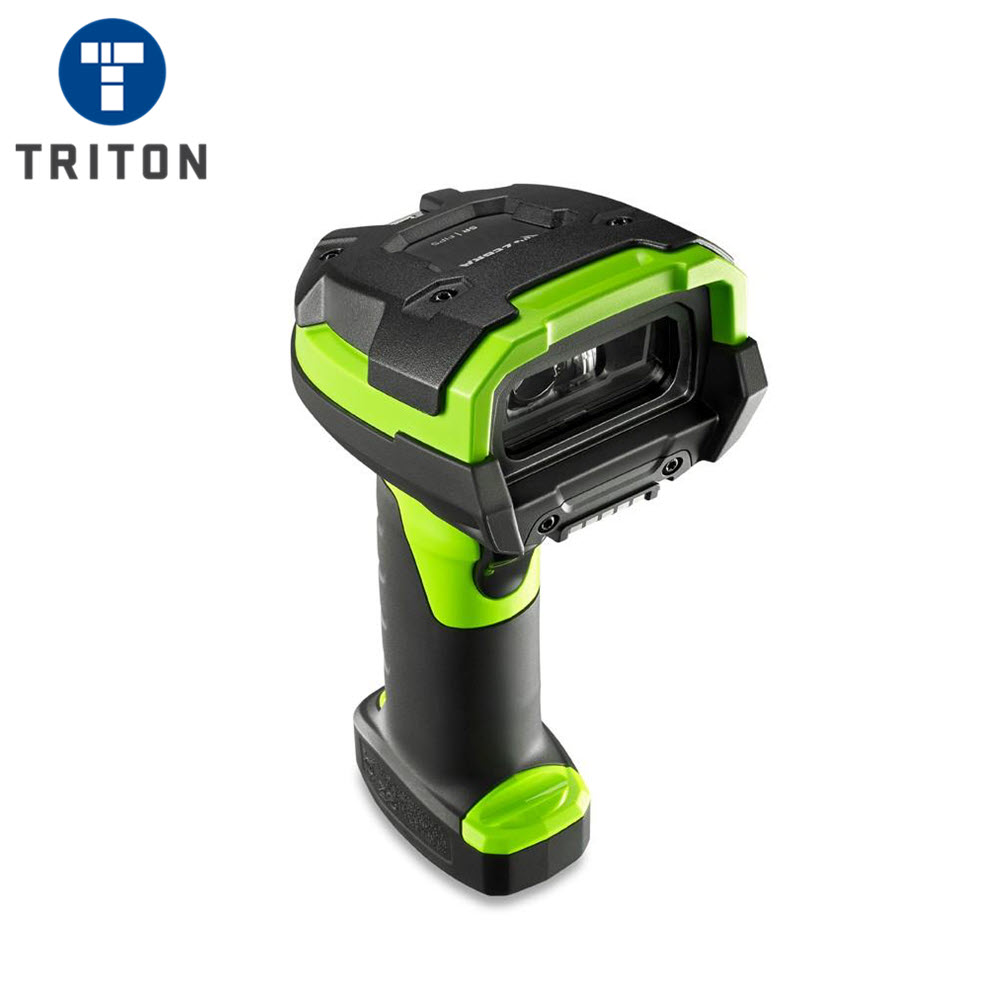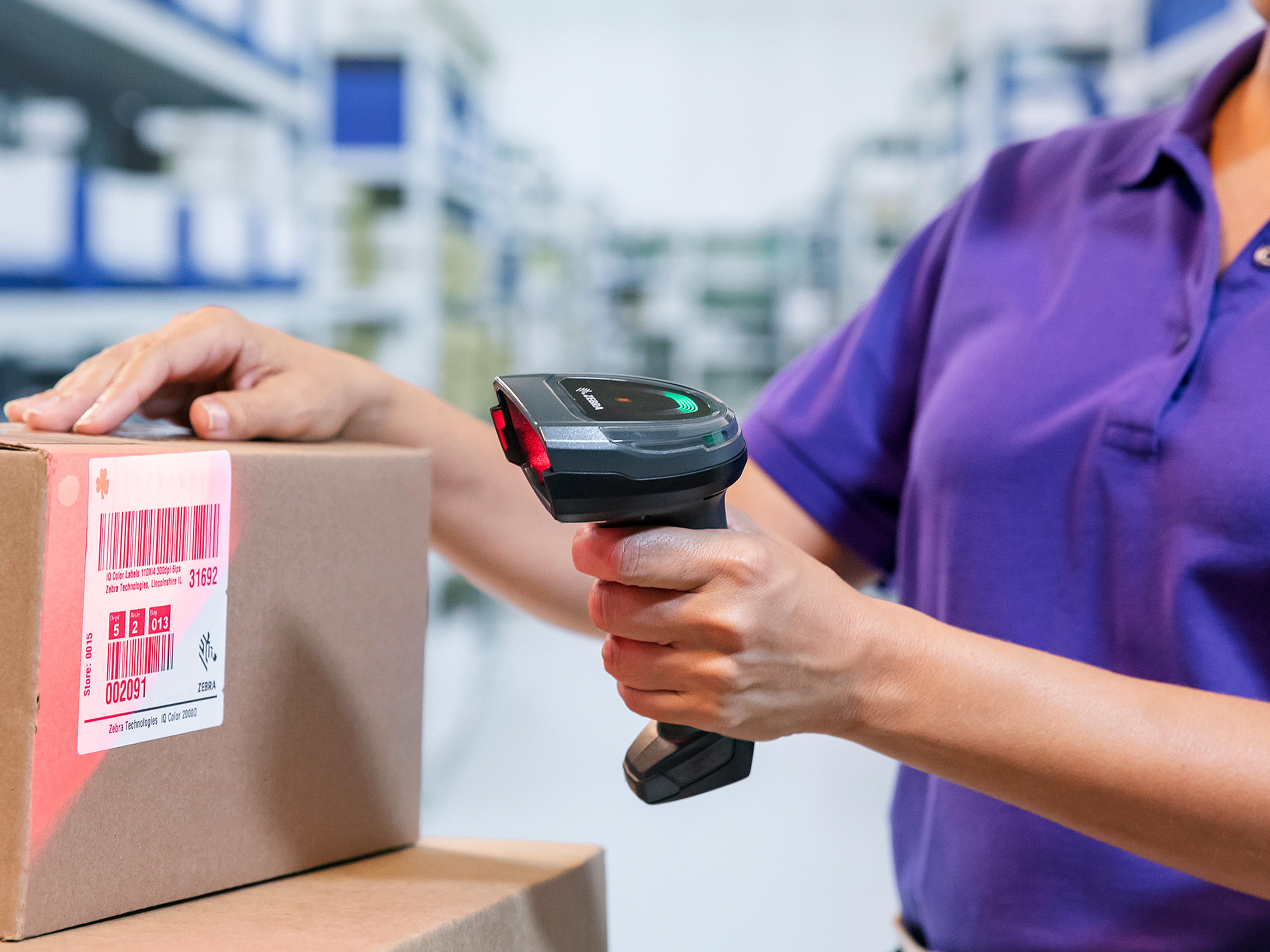Compact Barcodes Scanners for Simple Scanning
Why Barcode Scanners Are Necessary for Modern Retail and Warehousing
In the quickly evolving landscape of retail and warehousing, the combination of barcode scanners has actually become an essential element in improving procedures and improving accuracy. By automating information entry processes, these devices not just minimize human error but likewise dramatically boost supply management and check out effectiveness. As organizations pursue competitive benefit, understanding the multifaceted advantages of barcode modern technology reveals its vital duty in enhancing source allocation and cultivating durable supplier connections. The effects of these developments raise even more inquiries about the future trajectory of barcode technology and its influence on sector criteria.
Advantages of Barcode Scanners
Barcode scanners use countless benefits that significantly improve operational efficiency in retail and warehousing settings. The automation of information entrance processes removes the errors commonly linked with hands-on input, causing improved accuracy in stock monitoring and sales transactions. With the capacity to promptly scan items, businesses can speed up check out times, improving the client experience and minimizing wait times.
Furthermore, barcode scanners assist in real-time data collection, permitting for immediate updates to stock degrees and sales records. This capability enables organizations to respond quickly to adjustments in need and maximize supply degrees, decreasing excess inventory and reducing stockouts. Furthermore, the combination of barcode scanners with inventory monitoring systems simplifies processes such as order fulfillment and item returns, better enhancing operational efficiency.
Price cost savings are one more important advantage. By decreasing labor expenses connected with hand-operated stock administration and minimizing errors that can lead to financial losses, barcode scanners add to general profitability. Their ease of usage and transportability make them available for staff training, guaranteeing that staff members can rapidly become proficient in their procedure. In general, the execution of barcode scanners is a calculated investment that generates considerable returns in performance and operational quality.
Enhancing Stock Administration
Efficient inventory monitoring is essential for maintaining operational performance in retail and warehousing setups. Barcode scanners play an essential function in this process by simplifying the monitoring of inventory degrees, product locations, and supply movements. By automating data capture, these tools lessen human mistake, causing even more precise supply records.
Using barcode scanners enables real-time visibility into supply quantities, allowing businesses to make educated choices concerning reordering and supply rotation. This immediacy helps prevent overstocking or stockouts, both of which can adversely affect consumer contentment and earnings margins.
Furthermore, barcode scanning promotes reliable supply audits. With quick scanning capabilities, staff can carry out supply checks quickly, ensuring that inconsistencies are recognized and rectified without delay. Enhanced stock accuracy not only sustains functional efficiency however additionally strengthens relationships with distributors, as precise data can result in much better negotiation terms and improved order gratification.

Improving Check Out Effectiveness
As consumers progressively require quicker and a lot more effective shopping experiences, improving checkout procedures has actually come to be a top concern for retailers. Carrying out barcode scanners plays an essential function in this undertaking, considerably improving the transaction process. By permitting cashiers to scan items swiftly, barcode modern technology reduces the moment invested in each sale, thus shortening general wait times for customers.
Furthermore, barcode scanners facilitate the exact recognition of items, lessening the potential for mispricing and making sure that clients are billed appropriately. This efficiency not only boosts customer contentment however additionally enhances the retailer's functional performance. With the capacity to refine multiple items in fast succession, retailers can take care of high quantities of purchases during peak buying hours without compromising service top quality.
Additionally, incorporating barcode scanners with point-of-sale systems makes it possible for real-time supply updates, offering useful insights into stock degrees. This immediacy enables merchants to handle stock much more efficiently, making sure that popular things remain in supply and minimizing the likelihood of shed sales. In general, the fostering of barcode scanning innovation is essential for improving checkout effectiveness, eventually leading to boosted customer experiences and boosted sales for retailers.
Decreasing Human Error
In retail and warehousing settings, the implementation of scanning modern technology significantly decreases human error during transactions. Standard hand-operated entrance of item info is susceptible to blunders, including inaccurate pricing, misidentified items, and data entrance errors. barcodes scanners. Barcode scanners streamline this process by automating the capture of thing information, ensuring precision and uniformity
By using barcode scanners, workers can promptly scan things as opposed to manually inputting information. This automation reduces the danger of human oversight, providing a more trusted purchase process. Research studies reveal that mistakes in inventory administration can bring about expensive discrepancies, affecting stock levels and consumer contentment. Barcode scanning minimizes these threats by improving the precision of inventory counts and sales documents.
Moreover, barcode scanners boost liability within the labor force. In general, the adoption of barcode modern technology is a crucial action towards achieving functional excellence in retail and warehousing settings.
Future Fads in Barcode Modern Technology
The evolution of barcode technology is positioned to transform retail and warehousing operations in the coming years, driven by advancements in automation, data analytics, and mobile combination. As markets increasingly take on Web of Points (IoT) systems, barcode scanning will certainly become essential to real-time inventory management and supply chain optimization. Enhanced data analytics capacities will certainly make it possible for companies to harness checked information for predictive analytics, improving need forecasting read the article and stock turn over.

Additionally, the combination of expert system with barcode innovation guarantees to streamline processes through wise recognition and error detection. As artificial intelligence algorithms analyze scanned data, they can provide understandings that help avoid stockouts and overstock scenarios.

Final Thought
To conclude, barcode scanners play an essential function in modern retail and warehousing by enhancing stock monitoring, enhancing checkout effectiveness, and substantially lowering human mistake. The assimilation of barcode technology not just improves procedures yet additionally cultivates far better distributor partnerships and maximizes resource allocation. As innovation proceeds to evolve, the future of barcode scanning assures more developments image source that will certainly drive functional performance and productivity in increasingly competitive markets.